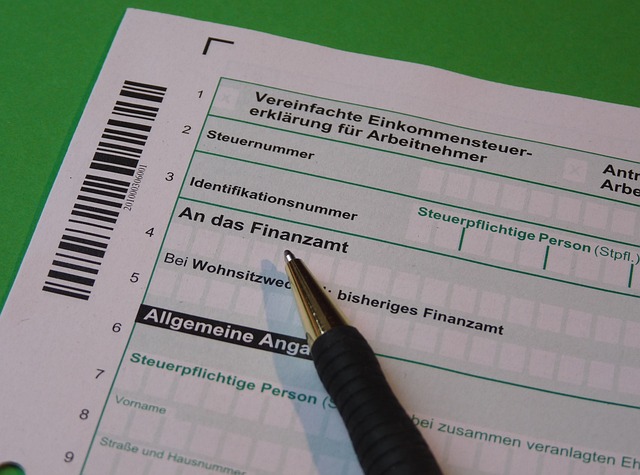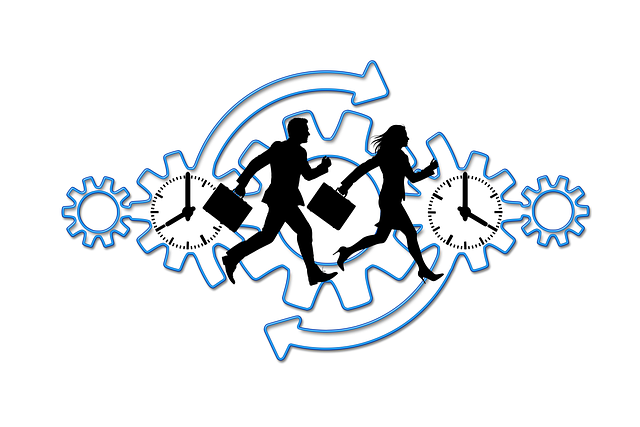In South Africa, Self-Employment Tax Planning is crucial for sole proprietors to optimize financial obligations and reduce tax burden. The Self-Employment Tax (UIF contributions) involves both employer (you) and employee (your self-proprietorship) contributing to social security benefits, calculated based on net profit. Effective planning includes understanding deductions (like business expenses and pension fund contributions), consulting tax advisors for personalized guidance, and keeping detailed records to support expense claims. Maximizing deductions by proactively setting aside funds for annual expenses can significantly lower taxable income and tax liability. Maintaining meticulous records, registering with SARS, and staying informed about relevant tax laws are essential steps in Self-Employment Tax Planning South Africa.
In South Africa, sole proprietors can significantly reduce their tax burden by strategically planning and maximizing deductions. This comprehensive guide is designed to help you navigate the complex landscape of self-employment tax in South Africa. We’ll explore common expenses that are deductible, best practices for record keeping, legal requirements, and compliance tips. Additionally, we offer strategic planning ideas to optimize your tax position, ensuring you make the most of your financial situation.
- Understanding Self-Employment Tax in South Africa
- Common Expenses for Sole Proprietors: What's Deductible?
- Record Keeping and Documentation Best Practices
- Legal Requirements and Compliance Tips
- Maximizing Deductions: Strategic Planning Ideas
Understanding Self-Employment Tax in South Africa

In South Africa, self-employment tax planning is a crucial aspect for sole proprietors to navigate and optimize their financial obligations. As an independent business owner, it’s essential to comprehend the tax structure that applies specifically to your income. The Self-Employment Tax, also known as UIF contributions, is designed to provide social security benefits to South African citizens, including self-employed individuals. This tax is calculated based on your net profit and is contributed to by both the employer (in this case, yourself) and the employee (which, for a sole proprietor, is you). Understanding how this tax works and making informed decisions about when and how to pay it can significantly impact your financial bottom line.
Effective self-employment tax planning involves considering various deductions and allowances available under South African tax laws. From business expenses like office supplies, travel costs, and equipment to contributions towards pension funds and medical schemes, these can all be utilized to reduce the taxable income subject to Self-Employment Tax. Consulting with an accounting professional or tax advisor who specializes in self-employment taxation is a strategic move for sole proprietors. They can provide personalized guidance on maximizing deductions, ensuring compliance with regulations, and ultimately, minimizing your overall tax burden.
Common Expenses for Sole Proprietors: What's Deductible?

In South Africa, sole proprietors can claim a range of expenses related to their self-employment as deductions when planning their tax strategy. Common deductions include office supplies, equipment, and vehicles used for business purposes. Expenses such as internet connectivity, accounting software subscriptions, and professional fees like legal or consulting charges are also valid claims. These deductions significantly reduce the taxable income for sole proprietors, effectively lowering their self-employment tax obligations.
When it comes to claiming these deductions, keeping detailed records is paramount. Receipts, invoices, and expense logs should be meticulously maintained to support any claims made during tax planning. This not only simplifies the deduction process but also ensures compliance with South African tax laws, allowing sole proprietors to maximise their tax savings potential.
Record Keeping and Documentation Best Practices

Maintaining meticulous records is a cornerstone of effective self-employment tax planning in South Africa. Sole proprietors should adopt comprehensive documentation practices to ensure compliance with tax regulations. This includes keeping detailed logs of business income and expenses, such as sales invoices, receipted payments, and receipts for business-related purchases. Digital record-keeping systems or cloud-based accounting software can streamline this process, making it easier to track and categorize transactions.
Proper documentation involves not only recording financial data but also preserving it securely. It is advisable to store records for at least three years, as the South African Revenue Service (SARS) may request them during audits. Clear and organized files, both physical and digital, facilitate efficient tax preparation and reduce the risk of discrepancies or errors that could lead to penalties.
Legal Requirements and Compliance Tips

In South Africa, sole proprietors must navigate a set of legal requirements and adhere to strict compliance tips when it comes to self-employment tax planning. One of the primary obligations is to register for a tax number with the South African Revenue Service (SARS) and maintain accurate financial records throughout the year. This includes keeping detailed receipts, invoices, and logs of expenses related to business operations.
Compliance goes beyond record-keeping; it also involves understanding and applying relevant tax laws and deductions specific to self-employment. Sole proprietors should be aware of eligible business expenses that can be claimed as deductions, such as office supplies, transportation costs, and professional services. Proactive tax planning, including consulting with a tax professional, can help ensure compliance, minimize the risk of penalties, and optimize returns for South African sole proprietors.
Maximizing Deductions: Strategic Planning Ideas

Maximizing deductions is a key aspect of strategic self-employment tax planning in South Africa. Sole proprietors should aim to minimize their taxable income by leveraging allowed deductions. This involves keeping detailed records of all business expenses, from office supplies and equipment to vehicle costs and travel expenses. By categorizing and organizing these receipts, owners can easily identify and claim legitimate deductions during tax season.
Additionally, planning ahead is crucial. Sole proprietors should consider setting aside a portion of their income throughout the year for anticipated expenses, such as insurance premiums, professional fees, and maintenance costs. This proactive approach ensures that when tax time comes, they have all the necessary documentation and funds readily available, streamlining the process and potentially reducing overall tax liability.







